Regular preventive veterinary care, proper nutrition, exercise, and bonding time are essential aspects of caring for a pet. Our pets are four-legged family members who provide constant companionship and slobbery kisses. A pet owner’s worst nightmare is their pet experiencing an accident or injury that requires emergency veterinary care, so pet owners must be prepared to act swiftly, to ensure the best chance of a positive outcome. Although predicting or fully preventing a pet emergency is impossible, our Mt. Horeb Animal Hospital team provides these five tips to prevent common pet emergencies. Additionally, never hesitate to contact us immediately if you are worried about your pet, whether or not your concern is included below.
#1: Just say “No” to sharing your plate with your pet
Many pet owners struggle to resist their furry pal’s longing eyes as they finish their last bite of dinner, or a delicious snack. Pet owners commonly show their pet their love by ensuring they have a full belly, plus an extra treat, or the last bite of breakfast bacon. Some human foods, such as baby carrots or plain cooked chicken, are perfectly safe for most pets; however, always avoid sharing your plate with your pet, to prevent them from ingesting a toxic or too-rich food. In fact, many human foods are the culprit for pet emergencies, and some can cause life-threatening illnesses, including kidney failure or an irreversible anemia. Additionally, feeding your pet rich, fatty foods, such as marinated meats or steak, can cause gastrointestinal distress and inflammation, including pancreatitis, a potentially deadly inflammatory condition that can cause vomiting, diarrhea, lethargy, and dehydration. Common pet-toxic people foods include:
- Raisins
- Grapes
- Members of the Allium family (i.e., onions, chives, leeks)
- Chocolate
- Caffeinated food or beverages
- Alcoholic drinks or treats
- Sugar-free foods sweetened with xylitol, including some peanut butters
- Macadamia nuts
#2: Store medications out of paws’ reach
Although you never want to see your pet experiencing any pain or discomfort, you must not give them any human medication, or previously prescribed veterinary medication, except under your veterinarian’s direction. Pets cannot metabolize most medications the same way as humans, and ingesting commonly used over-the-counter (OTC) and prescription human medications, including ibuprofen, acetaminophen, and anti-anxiety drugs, are dangerous to pets. In fact, more than 40% of calls to the ASPCA Animal Poison Control Center (APCC) in 2019 were attributed to medication poisoning. Additionally, many veterinary-prescribed medications are flavored to increase palatability, so ensure all medication is stored out of paws’ reach, to prevent an accidental overdose. Medication toxicity signs may not be obvious, so immediately contact your veterinarian, or the 24 hour APCC number, if you suspect your pet has accidentally ingested any medication.
#3: Dress your pet for success during outdoor activities
The frigid Mt. Horeb winters can make outdoor activities unpleasant—and sometimes dangerous. Although your pet wears a year-round fur coat, they are still susceptible to dangerous hypothermia with prolonged exposure to cold weather. Hypothermia occurs when your pet’s body temperature drops below 100 degrees. Puppies, geriatric pets, smaller dog breeds, and pets who have underlying medical problems, such as kidney disease, have an increased risk for developing this potentially fatal condition. Generally, if it’s too cold outside for you, it’s too cold for your pet. If you pet does need to briefly go outside during frigid temperatures, take the following precautions:
- Dress them in a properly fitted winter coat, or sweater.
- Protect their paws with booties, or a protective salve, like Musher’s secret.
- Ensure their fur is dry before they go outside.
- Avoid excessive grooming, so their fur is not too short.
- Avoid walking your pet near any bodies of water, to prevent them accidently falling through the ice, or going for an unexpected swim.
- Monitor your pet’s rectal body temperature after exposure to cold temperatures, by using a standard digital thermometer. Their temperature should stay between 100 degrees and 102.5 degrees.
#4: Monitor your pet’s elimination habits
Many pet owners can set a clock by their pet’s consistent elimination habits. However, subtle changes may indicate that they are suffering from an underlying infection or illness. Additionally, pets who vocalize while attempting to urinate or defecate may be experiencing a painful urinary blockage or constipation. Male cats are most at risk for urinary blockages, which can lead to kidney failure and death without treatment. Bring your pet to Mt. Horeb Animal Hospital for an examination by our veterinarian, if you notice any changes in your pet’s urination or defecation frequency. But, if your pet is suddenly vocalizing during elimination, or attempting unsuccessfully to urinate, immediately take them for emergency veterinary care.
#5: Keep your pet first aid kit well stocked
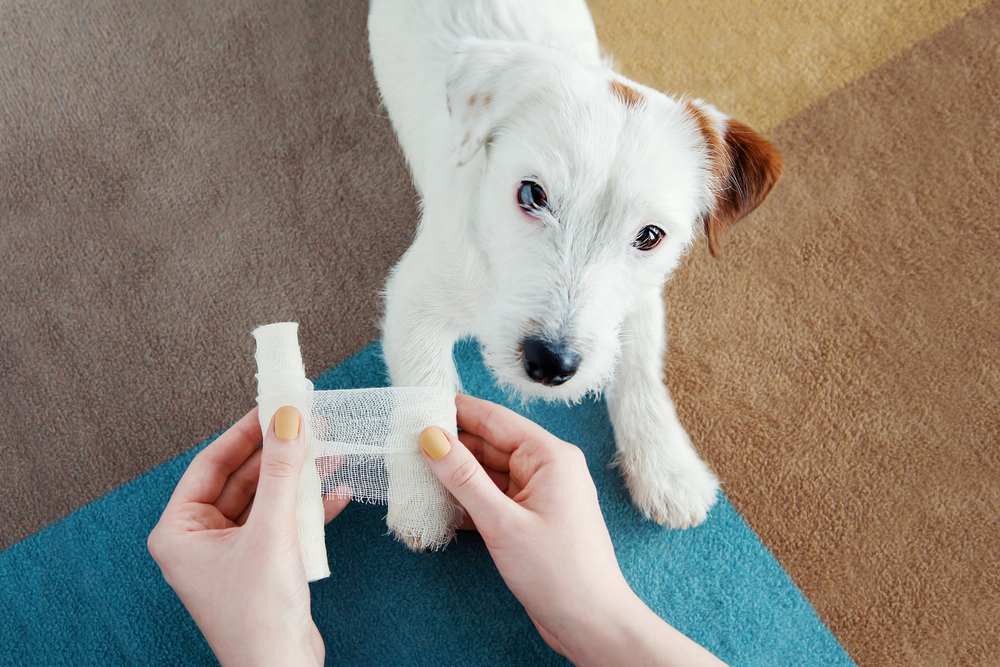
Whether you are snowed in and can’t reach a veterinary hospital quickly, or traveling with your four-legged companion, a well-stocked pet first aid kit is helpful for many situations. Pet first aid is never a substitute for veterinary care, but basic first aid may save your pet’s life. Additionally, consider registering for a pet first aid certification course to learn comprehension skills, and ways to appropriately help your pet in minor trauma, bleeding, or toxin ingestion cases. Pet first aid kits can be purchased, or you can create your own using this checklist.
Our Mt. Horeb Veterinary Hospital team hopes your pet never requires emergency care, but should they get into trouble, show abnormal signs, or cause you any concern about their health, call our office or, after hours, take them to the closest veterinary emergency hospital.



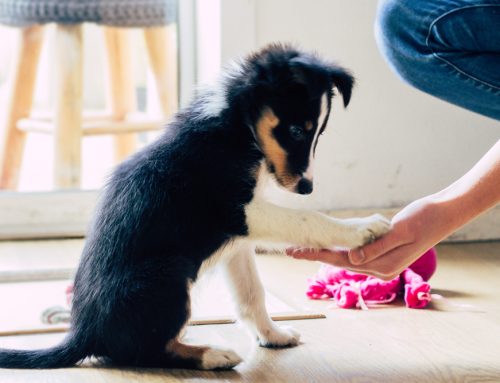
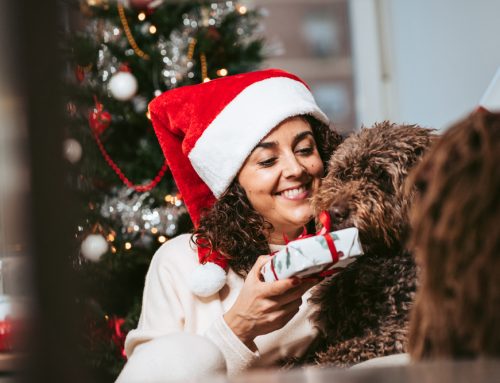
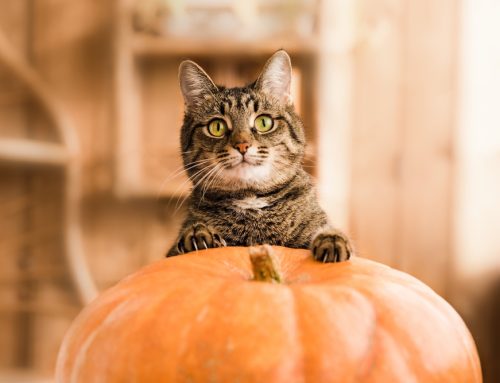
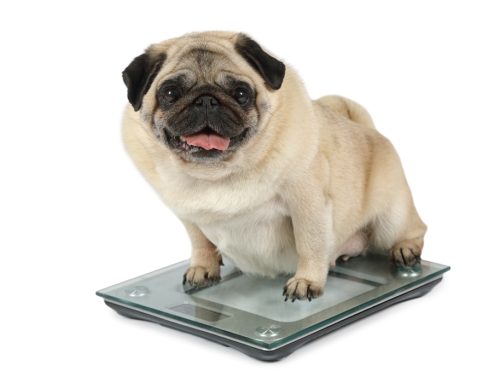
Leave A Comment